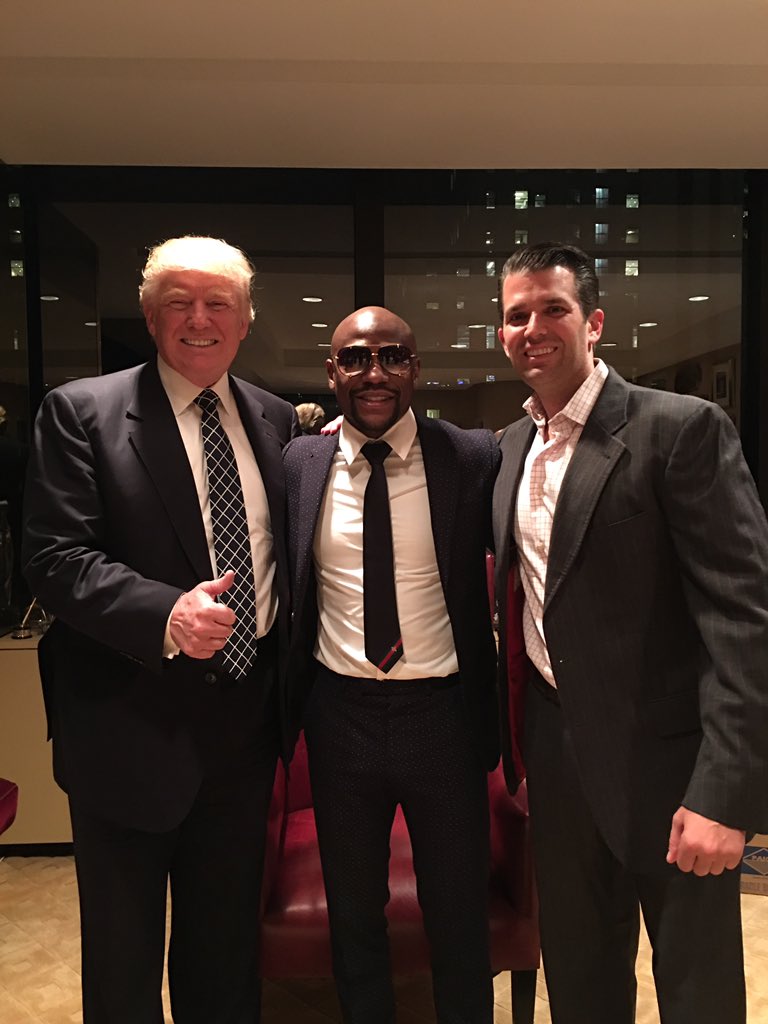Senator Sherrod Brown, Democrat of Ohio, long a critic of trade deals, said in an interview that he had spoken extensively with Mr. Trumps trade adviser and would work with him on issues concerning steel workers. We can work with him on things we agree on, Mr. Brown said. On Bannon, no.
Mr. Brown sent a letter to Mr. Trump urging him to renegotiate the North American Free Trade Agreement, withdraw from the Trans-Pacific Partnership, make changes to the trade relationship with China and fight currency manipulation, which is also a pet issue of Mr. Schumer. Mr. Sanders put out a statement after the election saying he too would work with Mr. Trump on areas of populist agreement.
At the same time, they remain his adversary on other matters. For example, Senator Dianne Feinstein of California, now the highest-ranking Democrat on the Senate Judiciary Committee, said in a statement on Wednesday that the committee will pay very close attention to proposed nominees to ensure the fundamental constitutional rights of Americans are protected.
Republicans will not like many of these proposals, but they have been fulsome in their praise of Mr. Trump since his election. Speaker Paul D. Ryan, for instance, has repeatedly said that he expects Mr. Trump to work with Republicans on their agenda of rolling back the Affordable Care Act and making large-scale changes to the tax code and entitlements.
While Mr. Trumps policies are one matter, his nominations to his cabinet and other senior positions are another, and there, Senate Republicans who will vote on their confirmations are in a quandary. Just as they were asked to comment on Mr. Trumps more incendiary statements during the campaign, they are now being asked to weigh in on contentious names being floated for high positions. Republican senators like John McCain of Arizona also have been implicitly critical of Mr. Trumps cozy views toward Russia.
On one area, though, Democrats and Republicans agree: Most of them strongly oppose Mr. Trumps proposal for congressional term limits.







